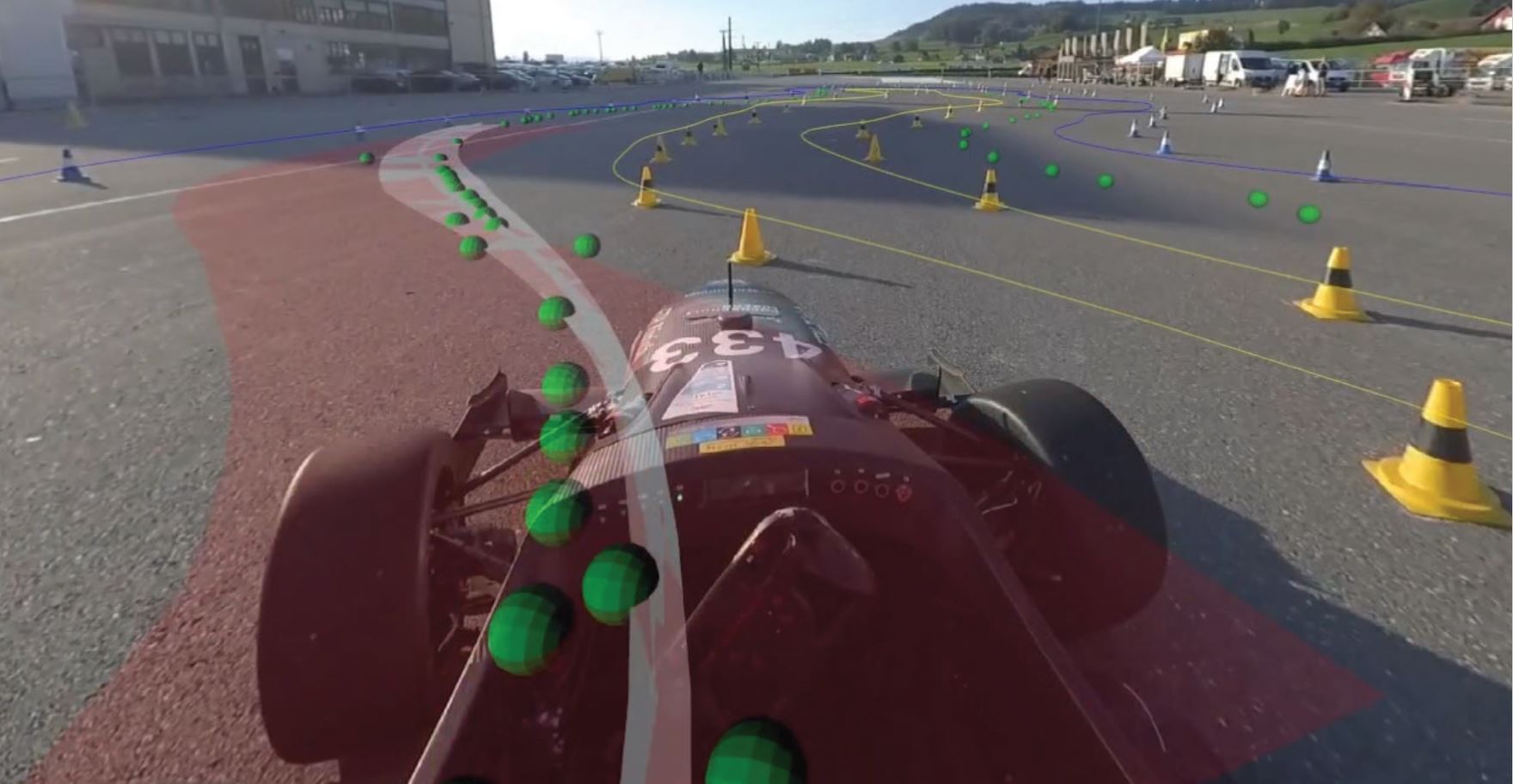Learning for better decision-making in machines
In an international collaboration including the group of ETH Professor Melanie Zeilinger from the Institute of Dynamic Systems and Control, the ELO-X project has launched. The project aims to advance machine-learning techniques for industrial systems and trains 15 doctoral students in the process.
Autonomous systems can only run safely and autonomously if, like humans, they constantly learn and improve their performance. To advance machine learning and to create next generation intelligent industrial control systems, the ELO-X project has launched.
The project is an international collaboration, coordinated by the University of Freiburg, including ETH Zurich, EPFL, Politecnico di Milano, KU Leuven, University POLITEHNICA of Bucharest, Robert Bosch GmbH, Siemens Industry Software NV, Atlas Copco, Tool-Temp AG, and ODYS Srl. Together they will develop optimization and machine-learning methods that can be used in industrial devices and ensure high safety standards and improve energy efficiency. Their goal is to enable the systems to learn from data streams and make optimal decisions in real time.

Professor Melanie Zeilinger of the Institute of Dynamic Systems and Control at the Department of Mechanical and Process Engineering at ETH Zurich serves as member of ELO-X’s supervisory board. Her group works on optimization-based decision-making algorithms which could, for example, be used to advance applications such as autonomous vehicles. “For a system to operate autonomously and safely, control algorithms need to adapt to new data and information in changing environments, while balancing the needs for environment exploration and performance improvement and ensuring safety of operation,” says Zeilinger.
The ELO-X project is part of the Marie Curie Innovative Training Network, which is funded by the European Commission. It will run for four years, in which 15 doctoral students will be trained to lead the development and technology process.